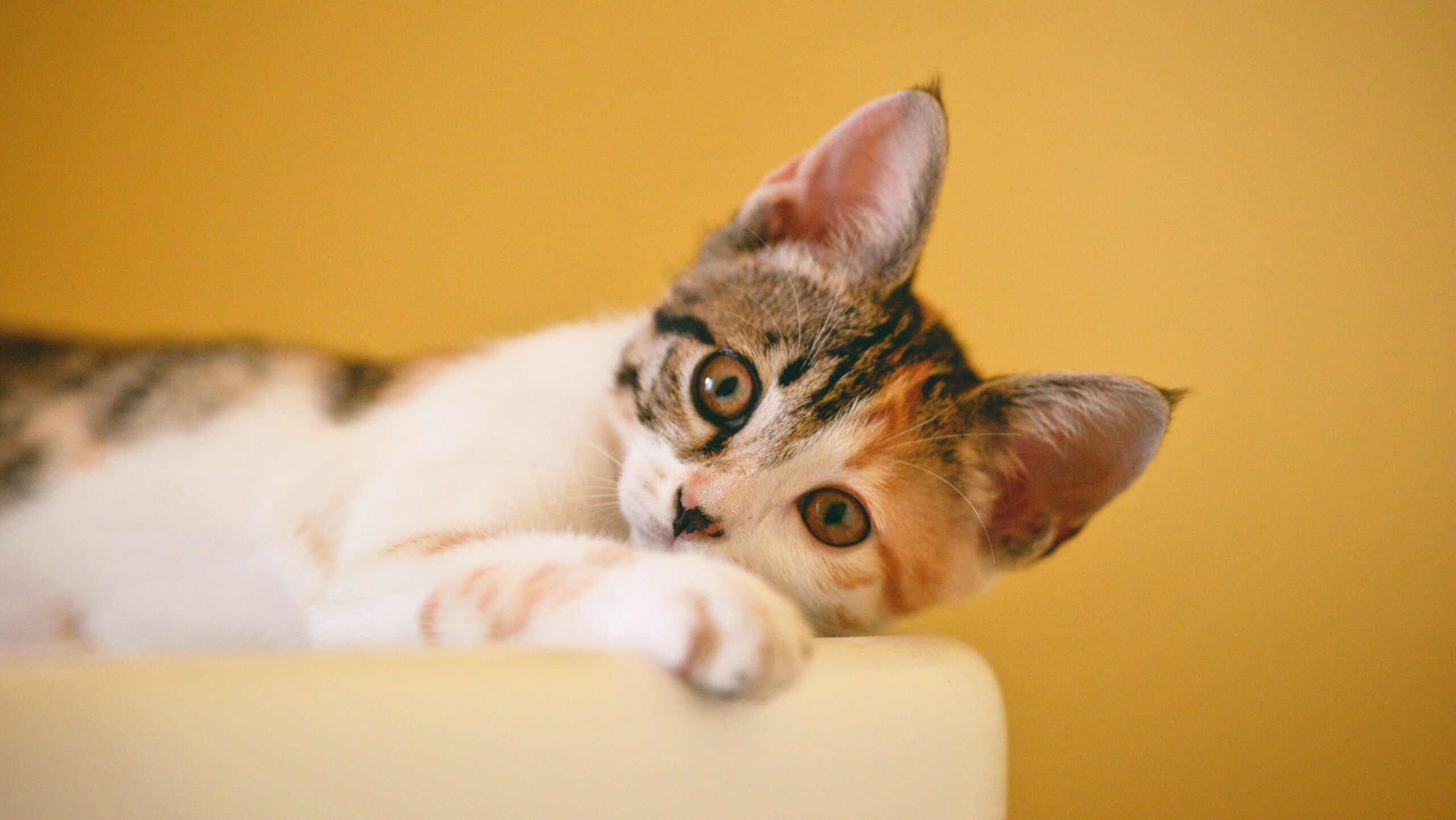Cats are known for their grooming habits, which include licking themselves and grooming their fur using their tongues. However, it is a common misconception that a cat’s saliva is toxic. In reality, a cat’s saliva is not toxic, but there are some important factors to consider when it comes to cats and their saliva.

Cats are known for their fastidious grooming habits, and they spend a significant amount of time each day licking their fur. They use their rough tongues, which are covered with tiny backward-facing barbs called papillae, to clean themselves and remove loose fur, dirt, and debris from their coat. Additionally, cats may also lick their paws, face, and other parts of their body during grooming.
One of the substances found in a cat’s saliva is an enzyme called “fel d1.” Fel d1 is a protein that is produced by a cat’s salivary glands and is present in their skin, saliva, and urine. It is a known allergen and can cause allergic reactions in some people. Fel d1 is known to trigger allergies in humans, causing symptoms such as sneezing, runny nose, itchy eyes, skin rash, and asthma-like symptoms. However, it’s important to note that not all cats produce the same amount of fel d1, and some cats may produce more or less of this allergen than others. Additionally, individual reactions to fel d1 can vary from person to person, with some people being more sensitive to it than others.
Another factor to consider regarding a cat’s saliva is the presence of bacteria. Like all animals, cats have bacteria in their mouths, which can also be present in their saliva. While these bacteria are generally harmless to cats, they can potentially cause infections in humans if they enter the bloodstream through broken skin or mucous membranes. Cat bites, in particular, can introduce bacteria from the cat’s mouth into a human’s bloodstream, potentially leading to infections. It’s important to properly clean and care for any cat bites or scratches to minimize the risk of infection.
It’s also worth noting that cats may sometimes groom themselves after coming into contact with substances that can be harmful to them, such as chemicals, toxins, or other contaminants. If a cat ingests these substances while grooming, it can potentially lead to health issues or toxicity. For example, if a cat comes into contact with a toxic substance on their fur or paws, such as antifreeze or insecticides, and then ingests it while grooming, it can result in poisoning. In such cases, the toxicity is not due to the cat’s saliva itself, but rather the substances that the cat has come into contact with.
While a cat’s saliva is not toxic, it’s important to take precautions when handling or interacting with cats, especially if you have known allergies or sensitivities. Here are some tips to consider:
- Practice good hygiene: Wash your hands thoroughly with soap and water after handling a cat, especially if you have touched their saliva or been scratched or bitten. This can help reduce the risk of potential infections.
- Avoid close contact with cat saliva: Try to minimize direct contact with a cat’s saliva, especially if you have known allergies or sensitivities. Avoid kissing or allowing a cat to lick your face or open wounds.
- Keep your cat clean and healthy: Regular grooming and proper hygiene for your cat can help reduce the amount of loose fur, dander, and saliva on their coat, which can help minimize potential allergens.
- Seek medical attention if needed: If you experience severe allergic reactions or infections from cat bites or scratches, seek medical attention promptly.